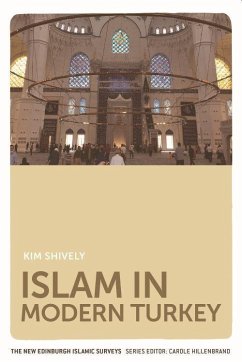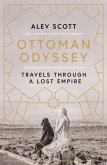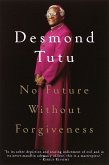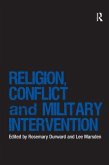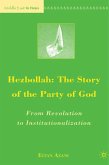Investigates the social and political forces that have shaped Islamic practices in Turkey, from 1923 to now This book provides a survey of Islam in Turkey since the founding of the modern republic in 1923. It examines the secularising policies of Turkey's founders and how these policies have shaped the development of religious institutions and social expectations around religious practice up to the present day. There is special emphasis on the relationship between religion and politics, with chapters focusing on state-based religious institutions, religious education, Sufi orders and religious communities, Alevism, Islamic-oriented political parties, and the effects of economic liberalisation on the practice of Islam in Turkey. The author also examines the political and social developments that contributed to the rise of the current Islamist government of the Justice and Development Party. In this way, Islam in Turkey provides vital historical context for understanding both the rise of President Recep Tayyip Erdogan and current events in Turkey and the Middle East more broadly. Key Features . Covers a different topic in each chapter: the Kemalist revolution, Sunni Islam, the Alevi minority, Sufi communities, political parties, religious education and the contemporary period . Explores issues that have shaped public debates about the role of religion in the Turkish secular state in case studies on, for example, veiling, the use of Atatürk imagery and the liberalisation of the media . Draws on ethnographic detail based on the author's research in Turkey over the last 28 years . Provides the historical context for the rise of Recep Tayyip Erdogan and the Justice and Development Party . Includes a note on Turkish usage and a glossary of key terms Kim Shively is Professor of Anthropology in the Department of Anthropology and Sociology at Kutztown University of Pennsylvania.
Hinweis: Dieser Artikel kann nur an eine deutsche Lieferadresse ausgeliefert werden.
Hinweis: Dieser Artikel kann nur an eine deutsche Lieferadresse ausgeliefert werden.

